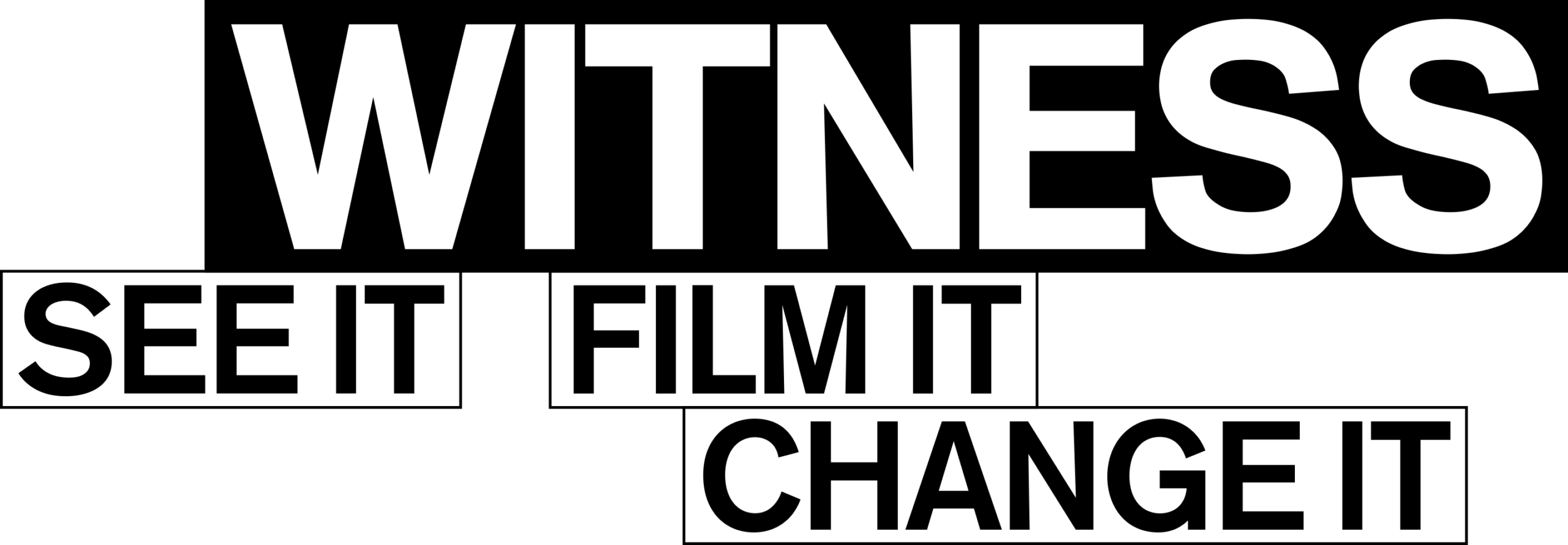Introspection and Growth at WITNESS
WITNESS, a global human rights organization, was founded almost 30 years ago in response to an eyewitness video capturing the brutal beating of Rodney King, a Black man, by police officers in the United States. Our mission is to help people use video and technology to expose the truth of human rights violations in order to protect and defend human rights. WITNESS is a global organization with programs around the world, including the United States. We are acutely conscious that the United States is at a critical juncture in the quest for fully realized human rights. Our work has never been more relevant, which is why we are committed to the deep introspection and revision that this moment—in history and in our organization—requires.
We are keenly aware that neither our mission nor the bearing out of that mission in our daily work insulates WITNESS from the moral and ethical blights of systemic racism, white supremacy, and neo-colonialism. As an institution and as individuals within that institution, we recognize that we have a pressing obligation to examine this truth with earnestness and rigor, in order to make reparative, restorative, forward-looking amendments to both our personal behaviors and our infrastructure.
As a global network of activists with strengths in both the Global North and the Global South, we must continue to fight for, build, and support equitable power within a human rights framework, and continue to do the internal work necessary to do better. This includes re-evaluating dynamics of power within the organization. To date, we have worked to carefully monitor how we practice the critical human rights that are at the heart of our mission and live our policies, both internally among colleagues and externally in our partnerships with activists worldwide.
Our work around the world is to create spaces where people feel empowered, supported and affirmed. We are fully committed to doing more toward necessary institutional reform—including structural and policy changes around power and equity—and we welcome ongoing constructive feedback with that end in mind. We must do amongst ourselves the work we ask others to do.

